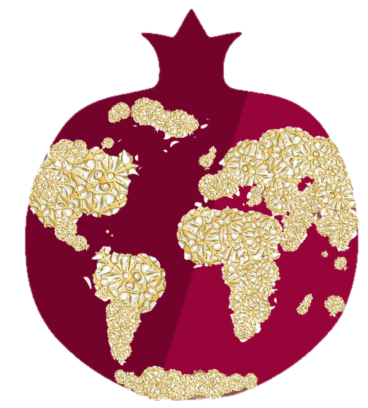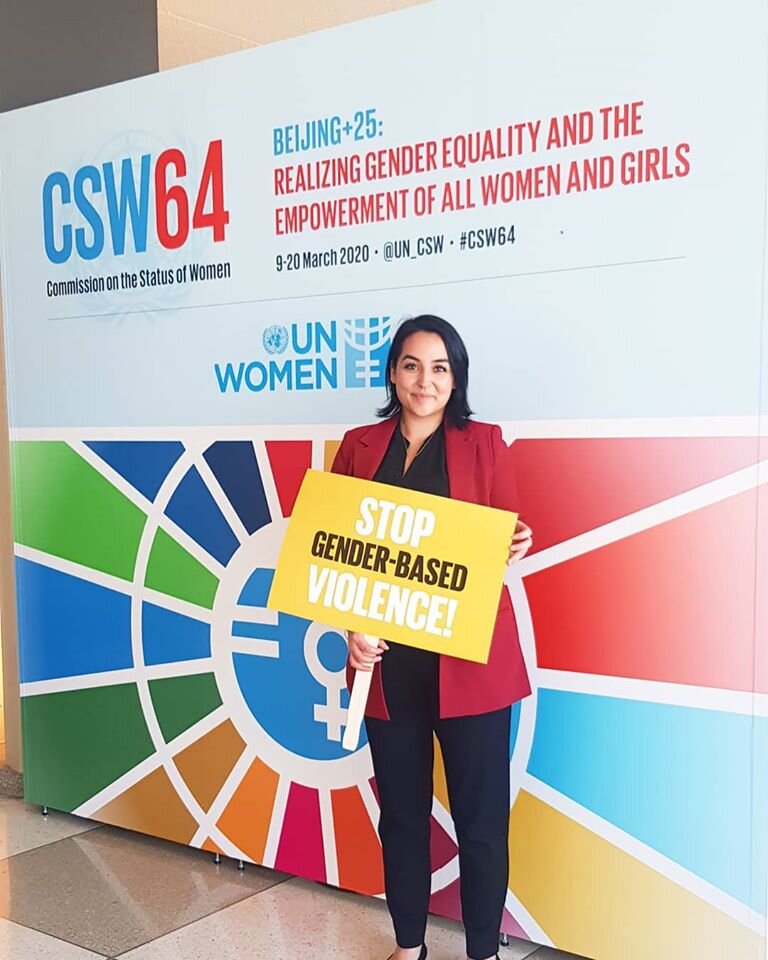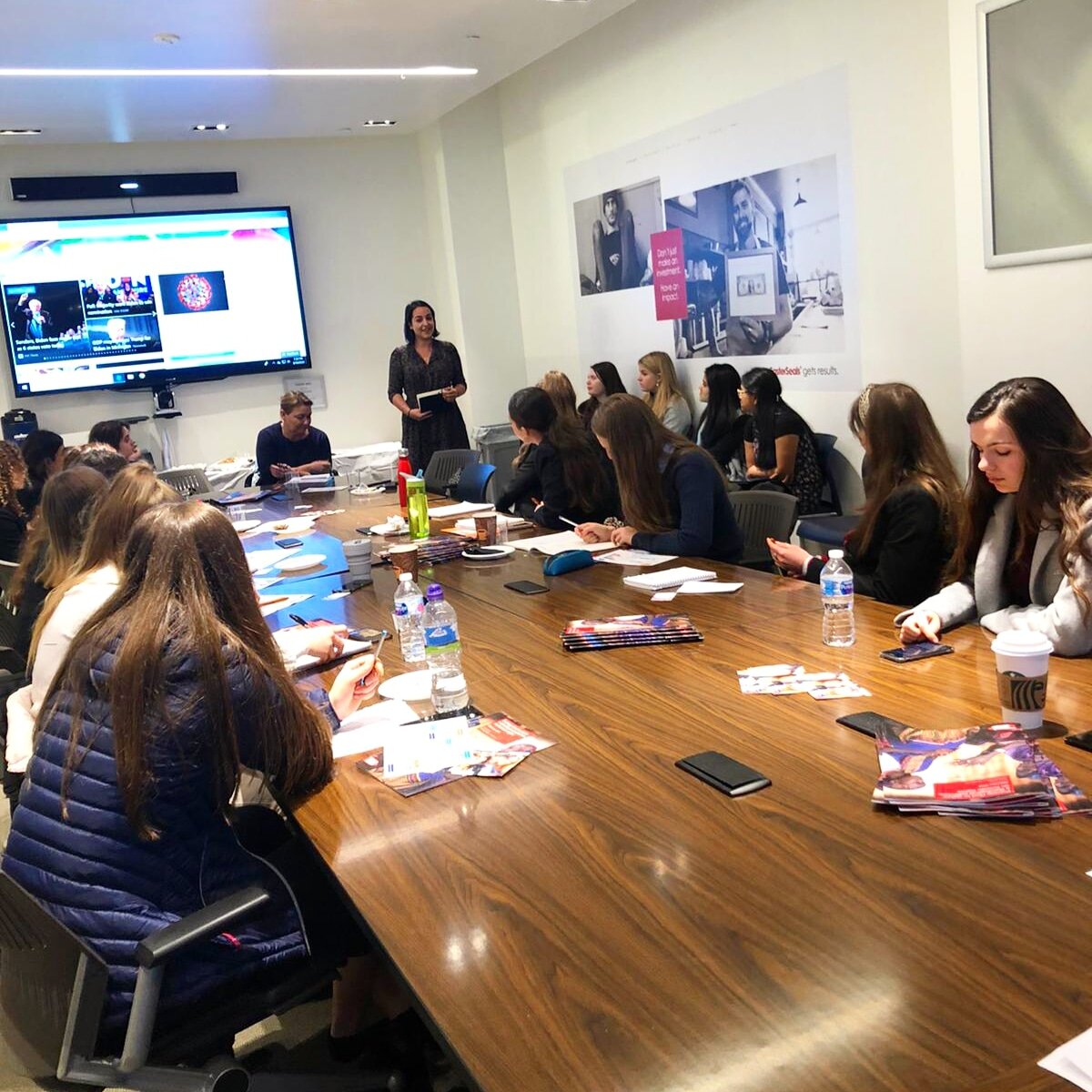CSW64 / Beijing+25 (2020)
Pomegranate House had the pleasure to represent their aims and goals during the 64th Commission on the Status of Women conference in New York at the United Nations. Due to the COVID-19 pandemic, other external sessions were cancelled, however, NAWO provided the platform for Pomegranate House. Our founder Hana Mosavie attended on our behalf and this is written from her perspective.
An exciting time was overshadowed by the impended unknown doom of COVID-19. It became evident that attending while dangerous for myself, my family, and others, was imperative. I arrived in New York, which was set to a month’s work in the states; both within the United Nations and meeting with other organisations that were set up. As I landed, I received notification that the United Nations had decided to cancel this year’s Commission on the Status of Women. A significant year to the development of women’s rights. 25 years since The Beijing Declaration and Platform for Action of 1995 set its ambitious road map for the empowerment of women and girls everywhere. This important landmarking event provided the same gravitas to a selection of women I had the pleasure of working with during the next days before our urgent departure due to COVID-19 travel ban.
The women aged from their teens to their 80s gathered to discuss ways to help keep the momentum of progressive change and female involvement. I ended up being involved with some private seminars with NAWO and Soroptimist. I gave a session that focused on the impact of a disproportionate society of women and men, the implications that both men and women have from a skewed perception which entailed possession, abuse, insecurity and how to combat being undermined and the glass ceiling impact. As I worked as a volunteer counsellor for people abused in childhood for 5 years in NAPAC, there have been many stories and shocking accounts of abuse. I highlighted in the seminar that it is not specific to any ethnic group, age, or specific demographic. Nearly every woman I have met in my own life has had some horrific experiences happen at some point in their life.
Others cannot suppress such atrocities as easily. Unfortunately, due to toxic masculinity, not as many males have been able to openly discuss these incidents, however, there have been a significant amount that have insinuated or know of another male. One problem is the lad culture does not allow a man to claim the trauma felt, he must “lad it out” by being abused by an older woman was gratifying. This disguise only breaks when speaking to someone that has worked in abuse, such as myself. The call for help and justification in their stories to be allowed to feel pained by it has shown itself time again. One strong element in the whole abuse process, is isolation, feeling “why me?” but in fact, it is so common. The shame stumps the growth of strength, and for men, “you’re not a man if you don’t enjoy it” allows unspoken trauma to affect relationships and themselves.
Despite managing to horrify many of the participants from the case studies presented, the awareness was evident. They gained knowledge and experience from different types of abused, which, hopefully provided these women strength to withstand the self-blaming and self-criticism.
During the week, I got to meet with the United Kingdom representation to the United Nations, representatives of Soroptimist, NAWO and a well-known international activist, Mandy Sanghera. There were many interesting discussion and debates on the legal and political push for women across the globe. This highlighted the areas that have not been as successful, such as the implementation of gender equality within mentality. Unfortunately, my time came at a premature end as everyone flocked to return home before being stranded.
Before ending, I had the pleasure to meet with the figureheads of Soroptimist, their discussion on progressive means and drive on the diligence of gender was inspiring. The week provided discussion after discussion of likeminded powerful women that knew joining together, we can provide far more. The many seminars that provided encouragement, gave the next generation and insight on what can fall upon a woman, the implications this could mean for a lifetime, and the strength needed for most women, day-to-day. This is our chance to change societal behaviours and norms for these young ladies to never have to know the problems our ancestors and ourselves still must deal with every day.
This was a brilliant experience, unfortunately limited by COVID-19. My time showed just how important it was for so many women of all ages, and men to still attend despite the uncertain timing. There is still so much more to change and with all these powerful women steering the moment, we are sure to make it happen


